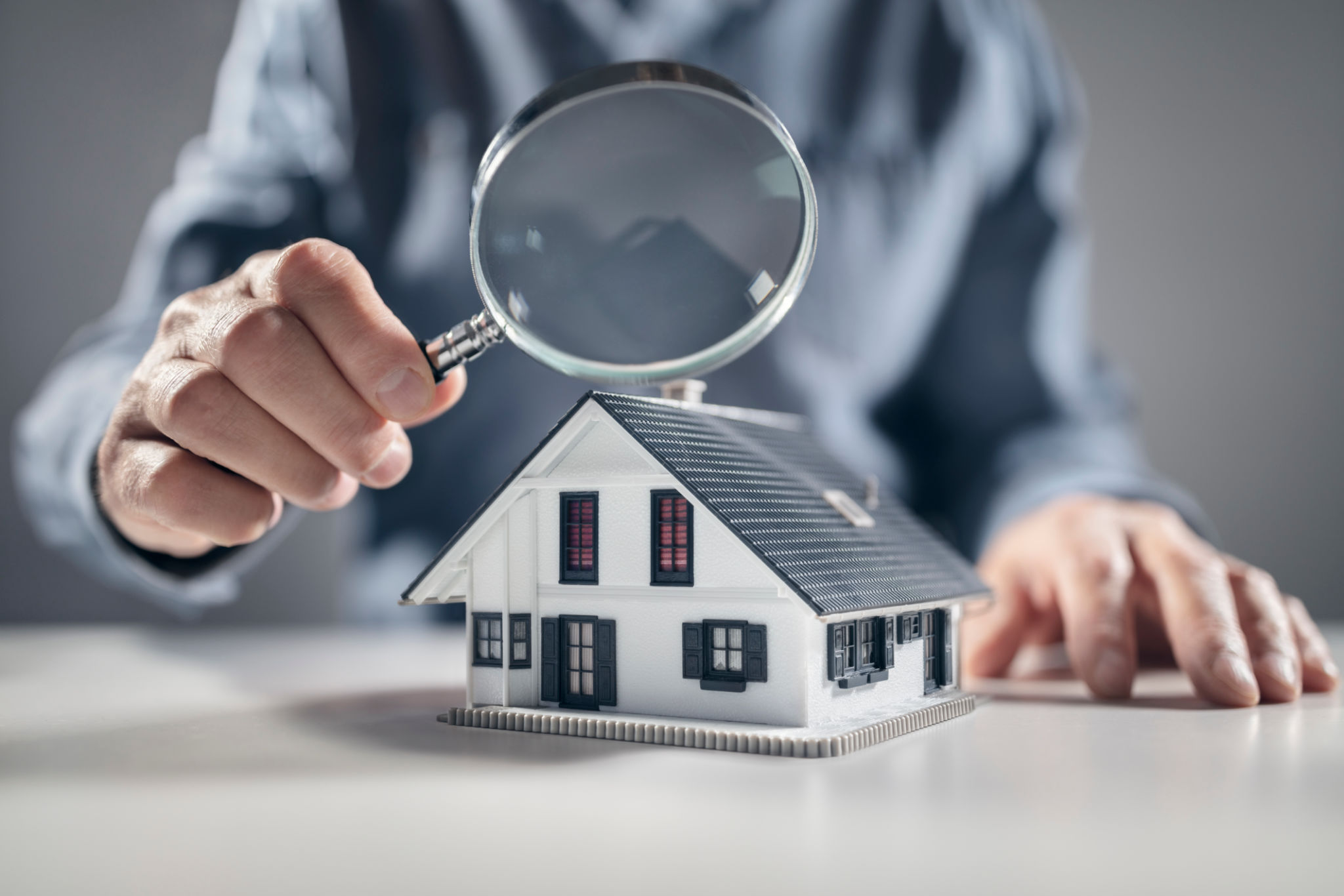What to Expect During a Property Inspection: A Guide for Landlords and Tenants
Understanding Property Inspections
Property inspections are a crucial aspect of rental management, serving as a bridge between landlords and tenants. These inspections ensure that the property is well-maintained and that both parties meet their responsibilities according to the lease agreement. Whether you're a landlord or a tenant, understanding what to expect during a property inspection can help facilitate a smooth and transparent process.

Why Are Property Inspections Important?
Property inspections are essential for several reasons. For landlords, they provide an opportunity to check the condition of their property and ensure it is being properly cared for. For tenants, inspections can highlight any repairs needed, ensuring their living environment remains safe and comfortable. Regular inspections help prevent minor issues from becoming costly repairs.
Types of Property Inspections
There are generally four types of property inspections:
- Move-in Inspection: Conducted when a tenant first moves into the property, documenting its condition.
- Routine Inspection: Scheduled periodically to check the property's upkeep.
- Move-out Inspection: Takes place when a tenant vacates the property to assess any potential damage.
- Drive-by Inspection: Performed without entering the property to observe its external condition.

What to Expect During the Inspection
During a property inspection, both landlords and tenants should expect a thorough check of the premises. The inspector will usually examine:
- The condition of walls, floors, and ceilings for any damage or wear.
- The functionality of appliances such as ovens, refrigerators, and dishwashers.
- The state of plumbing fixtures, including sinks, toilets, and showers.
- The integrity of doors and windows, ensuring they open and close properly.
Preparing for the Inspection
Tenants should prepare by cleaning the property and ensuring all personal items are organized. This helps inspectors perform their duties efficiently. Landlords should provide tenants with sufficient notice before the inspection and outline what will be checked. This transparency helps build trust and cooperation.

What Happens After the Inspection?
Once the inspection is complete, both parties should review the findings together. If any issues or damages are noted, landlords should discuss necessary repairs or adjustments with tenants. A timeline for repairs should be established to ensure that the property remains in good condition.
Navigating Disagreements
In cases where disagreements arise over inspection findings, it's important to refer back to the lease agreement and any documented evidence from previous inspections. Open communication between landlords and tenants is key to resolving disputes amicably. In some cases, mediation may be a helpful step in finding a resolution.
Conclusion
Regular property inspections benefit both landlords and tenants by maintaining the property's value and ensuring a safe living environment. Understanding what to expect during these inspections can make the process straightforward and stress-free. By preparing adequately and communicating openly, both parties can navigate property inspections effectively.
